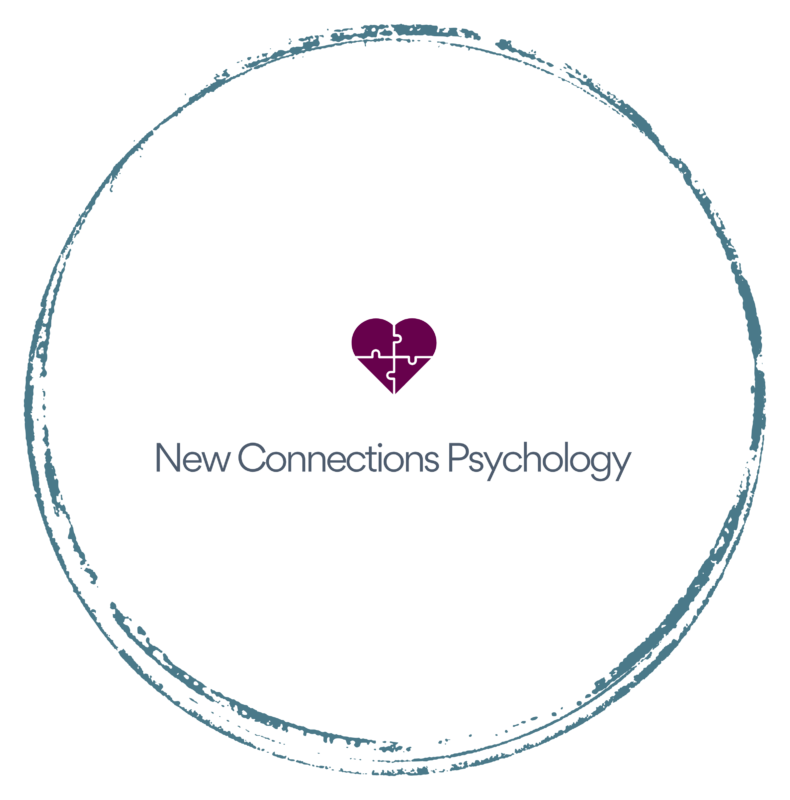Introduction
In today’s digital age, social media has become an integral part of our lives, influencing the way we connect, communicate, and consume information. Platforms like Facebook, Instagram, Twitter, and TikTok offer us opportunities to share our lives, opinions, and experiences with the world. While social media can foster connections and provide a sense of belonging, it also comes with a set of challenges, especially concerning mental health. In this blog post, we will delve into the effects of social media on mental health and explore valuable tips for maintaining a healthy balance in the digital realm.
The Social Media Paradox: Connection vs. Isolation
On the surface, social media appears to connect us with friends, family, and even strangers across the globe. We can instantly share updates, photos, and thoughts, bridging geographical gaps. However, this constant connectivity can lead to feelings of isolation and loneliness. Comparing our lives to carefully curated posts and images can create unrealistic standards, triggering feelings of inadequacy, envy, and low self-esteem. It’s essential to recognize this paradox and approach social media with mindfulness.
The Impact of Social Media on Mental Health
- Anxiety and Depression: Studies have shown a direct correlation between heavy social media use and increased levels of anxiety and depression. The fear of missing out (FOMO) and the pressure to maintain a perfect online image contribute significantly to these issues.
- Cyberbullying: The anonymity provided by social media platforms can lead to cyberbullying, causing severe emotional distress, especially among young users. The constant exposure to negative comments and harassment can shatter one’s self-confidence.
- Sleep Disruptions: Excessive use of social media, especially before bedtime, can disrupt sleep patterns. The blue light emitted by screens interferes with the production of melatonin, a hormone responsible for regulating sleep.
- Addiction: Social media platforms are designed to be addictive, with notifications and likes triggering dopamine releases in the brain. This addiction can lead to decreased productivity, decreased real-life social interactions, and a distorted sense of time.
Tips for Healthy Social Media Usage
- Set Boundaries: Establish specific times of the day for social media usage and adhere to these limits. Create “no-phone zones” in areas like the bedroom to promote better sleep and quality time with loved ones.
- Practice Mindfulness: Be aware of your emotions and reactions while using social media. If you find yourself feeling anxious or inadequate, take a break. Engage in activities that bring you joy and fulfillment.
- Curate Your Feed: Unfollow accounts that trigger negative emotions or make you feel inadequate. Surround yourself with positive, uplifting content and people who inspire and motivate you.
- Limit Notifications: Disable non-essential notifications to reduce the constant urge to check your phone. Designate specific times to catch up on notifications, rather than responding to each one immediately.
- Promote Real-Life Connections: Balance your online interactions with face-to-face connections. Nurture your relationships offline, strengthening the bonds with friends and family through meaningful conversations and shared experiences.
- Digital Detox: Consider taking periodic digital detoxes, where you abstain from social media and digital devices for a set period. Use this time to engage in hobbies, exercise, read, or pursue other activities that promote well-being.
- Seek Support: If social media negatively impacts your mental health, don’t hesitate to seek professional help. Therapists and counsellors can provide effective strategies for managing social media-related stress and anxiety.
Getting Help Through Counselling: A Vital Step Towards Healing
When the impact of social media on your mental health becomes overwhelming, seeking help through counselling can be a transformative and empowering experience. Professional counsellors are trained to understand the intricacies of social media-related stress and can provide valuable insights and coping strategies tailored to your specific situation. Through counselling, individuals can explore the root causes of their anxieties, fears, and insecurities related to social media, gaining a deeper understanding of themselves in the process. A counsellor can help you navigate the challenges of the digital age, providing a safe space to express your concerns openly and honestly. Additionally, counselling equips you with essential tools to develop resilience, self-compassion, and healthy coping mechanisms, empowering you to face social media triggers with confidence and poise.
Moreover, counselling fosters self-awareness, helping individuals recognize harmful patterns of comparison and self-criticism. By addressing these patterns, individuals can build a healthier relationship with social media, viewing it as a tool for connection and self-expression rather than a source of anxiety. Therapists can also teach mindfulness techniques, relaxation exercises, and stress management strategies, enabling individuals to manage their emotions effectively.
It’s crucial to understand that seeking help through counselling is a sign of strength, not weakness. It demonstrates your commitment to prioritizing your mental and emotional well-being. A skilled counsellor can guide you on your journey towards healing, providing the support and guidance needed to navigate the challenges of the digital age. Remember, you don’t have to face social media-related mental health issues alone – reaching out to a counsellor can be the first step towards a happier, healthier, and more balanced life.
Conclusion
In conclusion, social media’s impact on mental health is a complex issue that requires a mindful and balanced approach. By setting boundaries, practicing mindfulness, curating our online experiences, and nurturing real-life connections, we can harness the positive aspects of social media while safeguarding our mental and emotional well-being. Remember, your mental health matters, both in the digital world and the real world.

